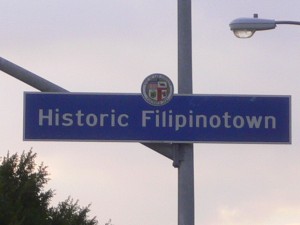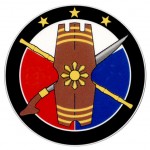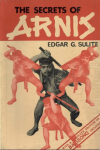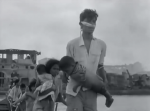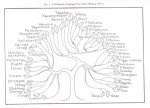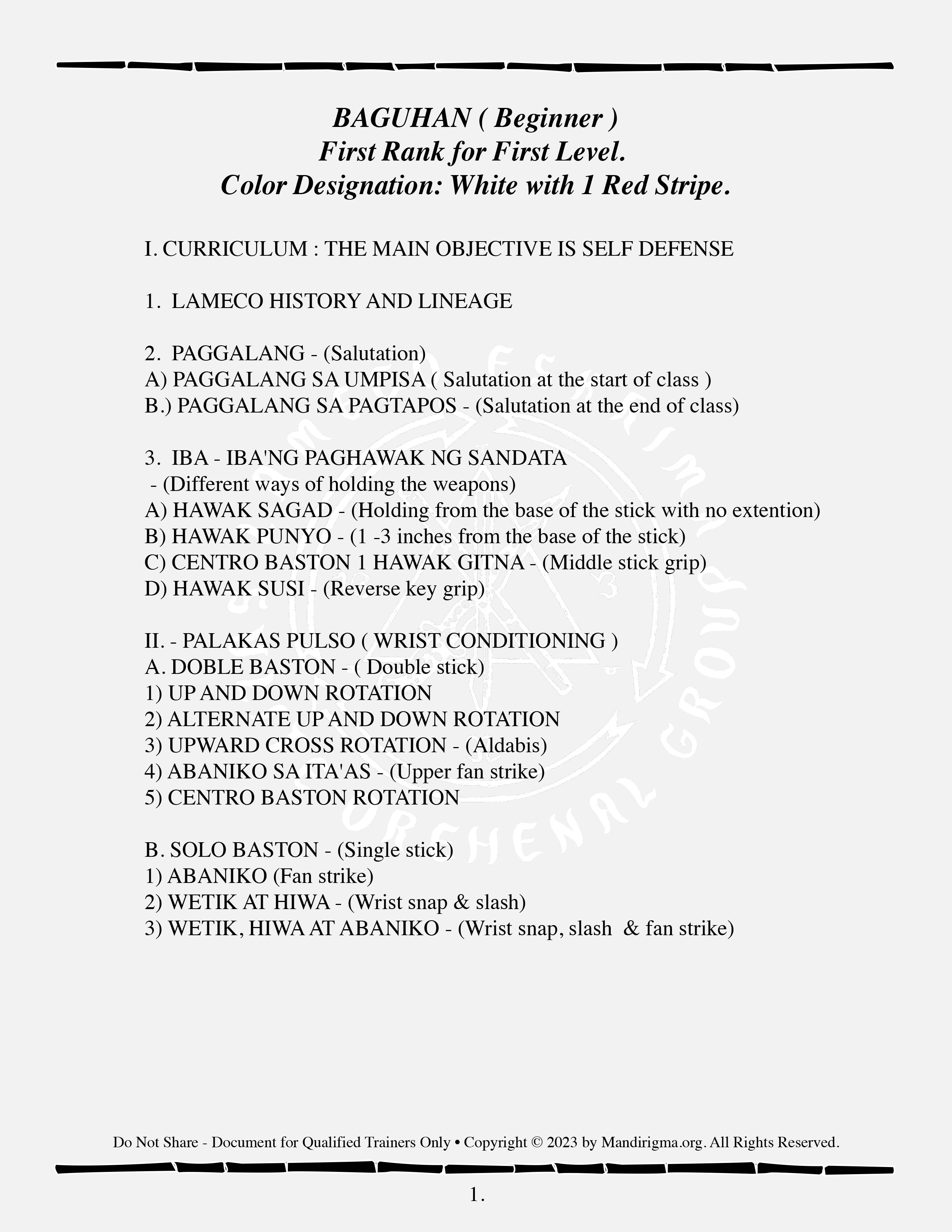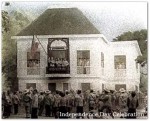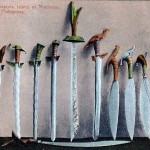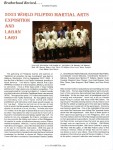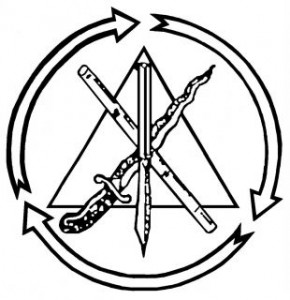
Lameco SOG - Kapisanang Mandirigma The Los Angeles – Historic Filipinotown Chapter of Lameco SOG - Kapisanang Mandirigma includes Guros Joel Adriatico, Hospecio "Bud" Balani Jr., Mar Elepaño, Choy Flores, Dino Flores, Arnold A. Noche, Gary Quan and Hans Anton Tan . It is also this core group that came up with the term “SOG” with the guidance and approval of the two highest-ranking Lameco Eskrima International members, Master Christopher N. Ricketts (RIP) and Master Reynaldo S. Galang. We are still in touch with the other Lameco SOG members (who are also very busy heading their own organizations) with whom we occasionally get together with to collaborate or socialize. The majority of us who banded together after our teacher's death continue to do so since 1997. When Punong Guro passed away, the members unified to keep his teachings and vision alive in ways besides the commercial route. Hence, we began volunteering / teaching a youth program in the Los Angeles Historic Filipinotown area. The program, which started in 1999, teaches Lameco Eskrima, Filipino Martial Arts, Philippine Culture and History as a diversion for ‘at risk youths’ from the temptations of gangs and drugs. Historic Filipinotown , located in Los Angeles' Rampart District, is notorious for being among the highest in gang, murder and drug activity in the country since the 1960's. In as much so, that Hollywood has portrayed it in television shows such as “Adam-12” and most recently in “The Shield” , as well as in feature films like “Training Day". Even the video game, "Grand Theft Auto: San Andreas", contains a story-line reminiscent of the Rampart Police Scandal of the 1990's. It's notoriety is also mentioned in the acclaimed literary works such as Charles Bukowskis' “Ham on Rye” and Carlos Bulosan’s “America is in the Heart”. The initial youth program has expanded into several other nonprofit agencies to include children, adults and seniors.* We even picked up a few awards along the way. Since then we have been involved in many aspects of the Filipino volunteer / cultural community that included being one of only two cultural groups to usher in the First Official "Filipinotown" in America– televised inside the iconic Los Angeles City Hall. Other activities include lecturing at the Filipino American National Historical Society (FANHS) Conferences and a number of prestigious universities as well and doing various newspaper, radio and television interviews in the U.S. and Philippines. To avoid typical martial arts politics, Lameco SOG members teach these Lameco Eskrima-based programs under different organizations. This has allowed us to focus on one of Punong Guro’s visions – to promote the Arts with honor and integrity. Punong Guro was passionate about his culture as a whole. Since Punong Guro Sulite's passing the group has continued to train together and have trained a second generation of students in the Lameco SOG method. Given the nature of our neighborhood, a number of these students have used their lessons for self-preservation with actual knife, stick and even gun situations. We have been teaching these students since they were teens. They are now adults and are now assisting us in teaching the next generation. … [Read more...]
